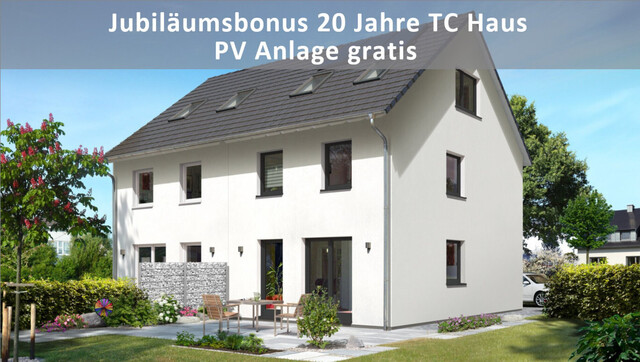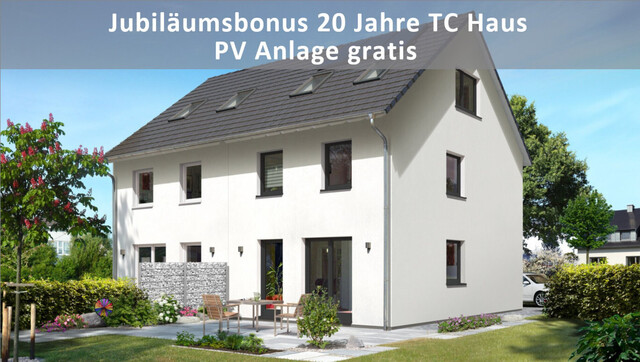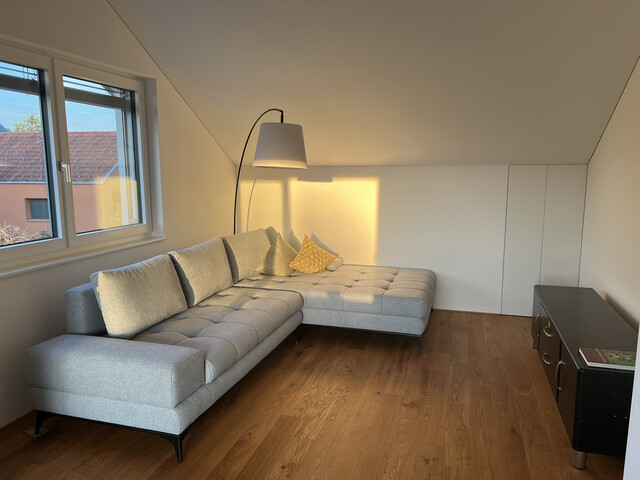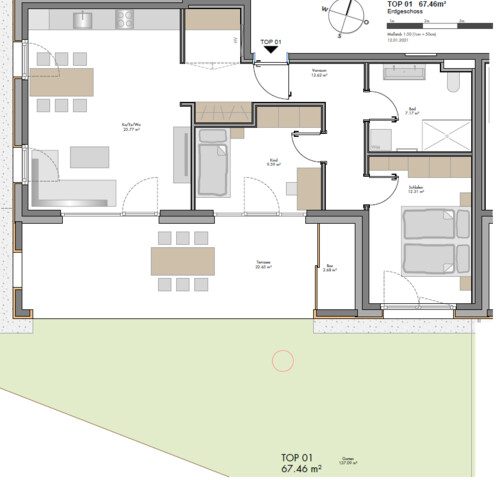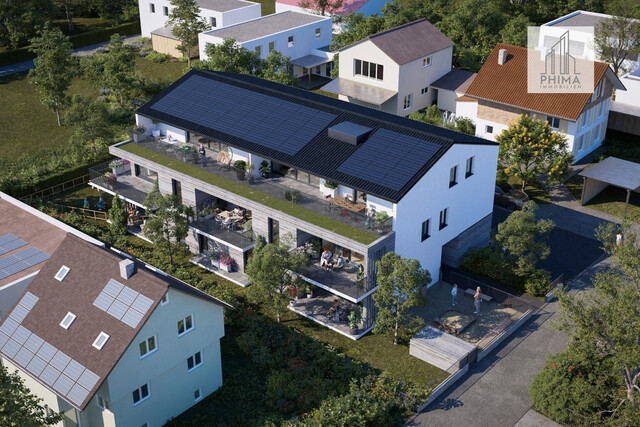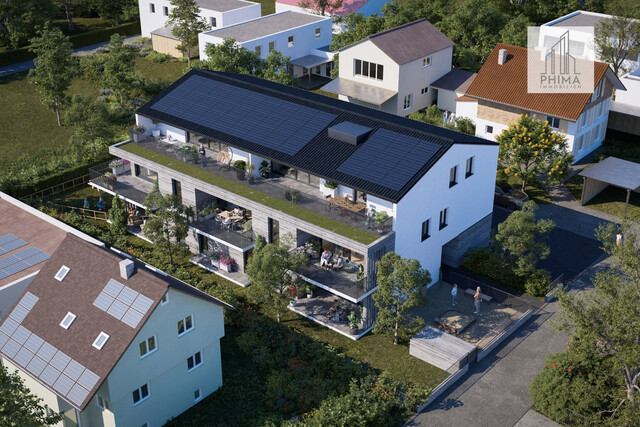10 Projects at Once: Wiederkehr Has Big Plans for the New School Year

With ten projects, Education Minister Christoph Wiederkehr (NEOS) aims to start a "real catch-up race in education" in the new school year. The goal is for all children to enjoy going to school, and for that, schools and teaching staff need additional support. This should come in the form of more offerings for German language support, psychosocial support for students, and less bureaucracy for teaching staff and school administrations.
Staff Shortages in Schools Remain an Issue
In some federal states, the application processes are still ongoing. Therefore, Wiederkehr could not specifically say on Friday, a week and a half before the start of the new school year in Eastern Austria, how many teachers will be missing this time. The situation remains challenging. At the same time, "we are seeing a renaissance of the teaching profession," he said, referring to 16,000 applications for the over 6,500 advertised positions. Among career changers, there was a third more interest with 2,000 applicants. For Wiederkehr, this is good news, as their outside perspective is an enrichment for the schools. Currently, career changers are only in secondary education, but a first pilot project will start in primary schools in Vienna this fall.
Cap on German Language Support Removed
Among the innovations for the coming school year, Wiederkehr particularly highlighted the expansion of German language support, for which there are 747 additional positions. Due to a system change, there is no longer a cap, and every child in need of German language support should receive an offer. From 2026, summer school for students with German language problems is also to become mandatory. Unlike the teachers' union, Wiederkehr considers this model both feasible and educationally sensible. For children who do not speak German for nine weeks in the summer, two weeks of additional support during the holidays is a decisive advantage, he emphasized.
The newly created pedagogical-administrative specialists are intended to relieve the burden on school administrations and teaching staff. There are 190 in the first year, and by the 2027/28 school year, there should be three times as many. As announced, schools should also receive 80 percent fewer circulars from the ministry in the new school year, with further measures to reduce bureaucracy to follow soon.
Additionally, in September, the psychosocial support staff will be further expanded. Specifically, this time 70 additional positions in school psychology will be added. Furthermore, for the first time, there will also be school social work at federal schools (AHS, vocational middle and higher schools/BMHS), with 30 positions planned for the first year.
More Modern Special Education and Increased Financial Education
There are also innovations in the teaching content. For children with disabilities, the modernized curricula for special education will be gradually introduced, which are intended to take greater account of the individual support needs of children and adolescents. At the Economic Secondary Schools (WIKU), the new subject "Economy, Innovation, and Sustainability" will be introduced autonomously by the school with two hours each in the lower and upper grades, and the revision of the curricula in the vocational sector is also intended to strengthen financial and economic education in schools.
The mobile phone ban introduced in May will continue up to the eighth grade. "The establishment has worked well," said Wiederkehr, who simultaneously announced additional training and further education for teaching staff in the area of "Digital Basic Education." To bring schools up to date in the field of artificial development, self-learning courses for secondary level 1 (middle school, AHS lower level) will be available from 2026, and there are training opportunities for teaching staff on the topic at the University Colleges of Teacher Education (PH).
Legally possible in the new school year is also the establishment of orientation classes for refugee children and adolescents who come to Austria without prior school experience. There, they are to be taught basic German skills and basic skills for attending school, as well as behavior in school and local core values. In practice, however, these will initially play little role. Family reunification has been suspended since July and will continue to be until the end of the year. According to Interior Minister Gerhard Karner (ÖVP), it should also go towards zero thereafter.
(APA/Red)
This article has been automatically translated, read the original article here.
Du hast einen Hinweis für uns? Oder einen Insider-Tipp, was bei dir in der Gegend gerade passiert? Dann melde dich bei uns, damit wir darüber berichten können.
Wir gehen allen Hinweisen nach, die wir erhalten. Und damit wir schon einen Vorgeschmack und einen guten Überblick bekommen, freuen wir uns über Fotos, Videos oder Texte. Einfach das Formular unten ausfüllen und schon landet dein Tipp bei uns in der Redaktion.
Alternativ kannst du uns direkt über WhatsApp kontaktieren: Zum WhatsApp Chat
Herzlichen Dank für deine Zusendung.


